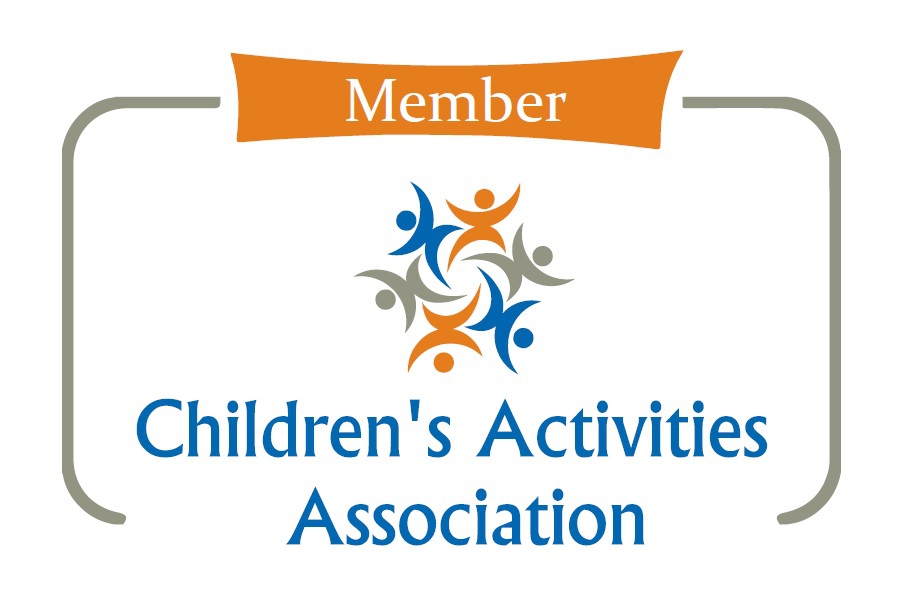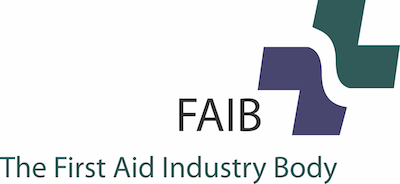Did you know that on average, 15 under fives are admitted to hospital EVERY DAY due to accidental poisoning? This blog will help you be aware of poisoning risks in the home, what to do if your child is accidentally poisoned and how you can avoid this happening in the first place.
Why are young children more likely to be poisoned?
- Young children LOVE to explore, but have very little concept of potential dangers.
- Little ones are inquisitive and will often put things in their mouth to further explore their texture and taste.
- Part of growing up is watching and copying what others do, but unfortunately this includes copying using potentially dangerous things like laundry capsules, e-cigarettes and medication.
- Small children may mistake liquid capsule style dishwasher and washing machine detergents for toys or sweets. These are not only a danger when ingested but can also cause serious irritation to the eyes which can result in long term damage.

What can be poisonous to a child?
- Cleaning products such as bleach
- Laundry detergents, capsules and sprays
- Cosmetic items such as nail polish
- Medicines (including pet medicines)
- Electronic cigarettes and their liquid refills
- Button batteries
- Alcohol
- Plants and funghi
- Gardening products such as weed killer
What are the symptoms of poisoning?
Symptoms associated with serious poisoning include:
- being sick
- stomach pain
- dizziness
- sudden, noticeable heartbeats, known as palpitations
- drowsiness, confusion or reduced levels of consciousness
- breathing difficulties
- agitation or restlessness that is unusual or out of character
- seizures (fits)
If a child very suddenly develops these symptoms, they may have been poisoned, and this is especially true if they’re drowsy and confused.
What should I do if I suspect poisoning?
- Get medical help immediately by calling 111 if they don't appear seriously ill, or 999 if your child is showing the symptoms outlined above.
- Don’t let your child eat or drink anything.
- Don’t make your child sick as this can cause more damage.
- If you know what poison has been ingested, keep a sample to show to the medical services.
- If your child is unconscious, try to wake them and encourage them to spit out any pills or other subtances in their mouths. Put them into the recovery position - you can learn how to do this at our Baby and Child class.
- If your child has burnt their lips on corrosive substances, frequent sips of cold water or milk may be given.
- If a harmful substance has splashed on to your child, remove the contaminated clothing and wash away anychemicals on the skin with warm or cool water.
Medical staff will need to take a detailed history to effectively treat a person who has been poisoned. When the paramedics arrive or when you arrive at A&E, give them as much information as you can, including:
- What substances you think your child may have swallowed (give a sample if you have it with you).
- When the substance was taken (how long ago).
- Why the substance was taken – whether it was an accident or deliberate.
- How it was taken (for example, swallowed).
- How much was taken (if you know).
- Give details of any symptoms that your child has had, such as whether they have been sick.

How can these accidental poisonings be prevented?
Household cleaning products
The kitchen and the bathroom are the likeliest places for accidental poisonings from cleaning products. Closely supervise children in and around the home if you are using cleaning products:
- Keep household chemicals out of sight and reach of children, preferably in a locked cupboard.
- Remember this also applies to the garage and shed.
- Always store household cleaning chemicals in their original containers.
- Replace lids and put all products away immediately after use.
- Dispose of unwanted household cleaning products safely.
- Store household cleaning products in a different place from food and medicine.
- Use household cleaning products according to label directions.
- Don’t mix household products as this can cause dangerous gases to form.
Medications
- Wherever possible, buy products in child resistant containers.
- Keep all medications out of sight and reach of children, preferably in a locked cupboard.
- Dispose of unwanted medication safely.
- Replace lids and put away immediately after use.
- Avoid keeping medication in handbags.
Other Poisoning Risks
- Ensure that gas appliances and heaters are checked and serviced regularly.
- Always keep electronic cigarettes out of the reach of children as the vapour contains nicotine which, if swallowed, can be fatal. Liquid refills are also extremely toxic.
- Button batteries can be found in toys, remote controls and small electronic devices but, if swallowed, they can leak acid into the body with fatal results. Dispose of button batteries safely and keep them out of the reach of children. Listen to our podcast on Dangerous Button Batteries here - mum Hollie discusses what happened when her one year old son Ralphie swallowed a button battery
- Avoid buying plants with poisonous leaves or berries or those that can irritate the skin.
- Keep garden and decorating chemicals out of the reach of children.
- Never decant chemicals into other containers, particularly drinks bottles.
Remember, your best defence against a poisoning accident is preventing it happening in the first place.
- Did you know we have a class that prevents accidents in the home? It’s called Baby Proofing, and you can book your 2 hour class here.
- We also have these fantastic Invisible Magnet Locks which have been keeping Mini First Aid Founder Kate Ball’s 6 kids out of kitchen cupboards for years! You can buy yours here.
Sources: RoSPA, NHS UK
Be prepared with our Home Safety Starter Pack
- use the drawer and cupboard catches to block access to potential poisons
- prevent painful trapped fingers with the door slam stopper
- stop your child injuring themselves on sharp corners
- check for choking hazards with the choke tester
The easy fitting pieces need no tools, so don't cause damage to your home.








